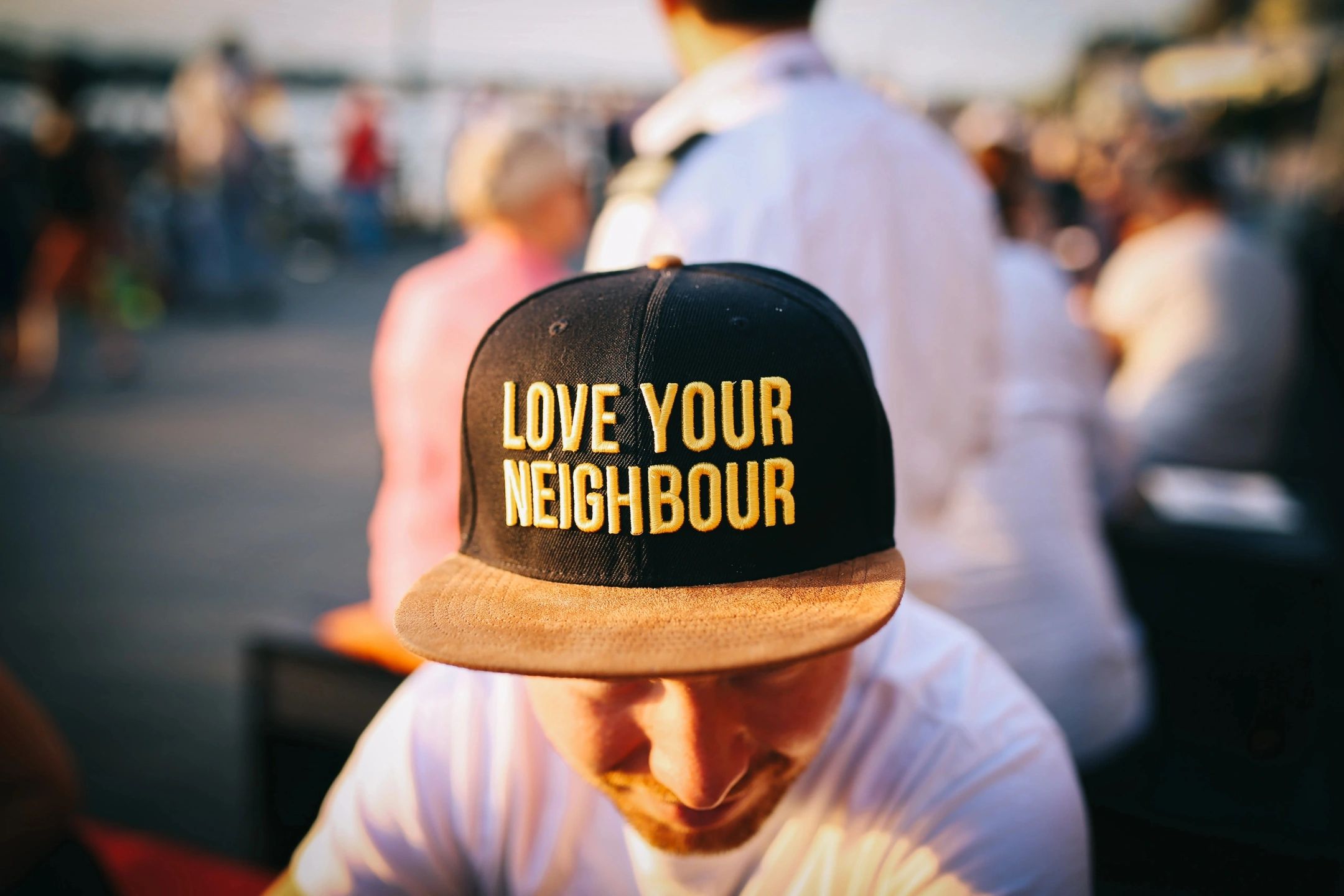Just this week, an Idaho Falls woman of color was publicly humiliated at her place of employment. Our community must do better at recognizing and challenging when words become weapons.
June is an exciting time for people wanting to honor the advancement of civil rights. Juneteenth (June 19) celebrates the arrival of federal troops in Galveston, Texas and the official ending of slavery within the United States. June is also the time when the LGBTQ+ community celebrates pride month. What is now experienced by parties, parades, and expressions of difference comes out of a history of police brutality and oppression.
Those of us, the Caucasian, cis gender, middle-class, winners of life’s lottery have a choice to make. We can stand as allies, supporting and sharing in the celebrations of those who express joy in their civil rights, or we can turn aside and allow those with other agendas to foster hatred and division.
There has been much discussion lately about how polarized our society is becoming. The war in Gaza, the parallel trials of Hunter Biden and Donald Trump, and fights over environmental, social and governance (ESG) investing feel like they are pulling our society apart. People of principal will argue their positions on moral and ethical grounds. Unfortunately, others resort to what is called hate speech.
Hate speech is the process of objectifying or taking away the essential humanity of another person. It is usually based on some external characteristic such as skin color, sexuality, gender, or disability. Hate speech converts a human being into an object. Once a person becomes an object, their humanity ceases to exist. They can be treated in any fashion chosen by the speaker. Slavery, Nazi Germany, the eugenics movement in the United States and many other social sins derive from this process of dehumanization.
How does one face down the fear that floods our ancient brain when confronted by the other?
First, be curious. Every one of us has a unique story to tell. If you desire to know what it is like to be blind, deaf, an immigrant, or a person of color, begin by respectfully asking. Most people are willing to share their story if approached respectfully.
Next, examine your internal fears. What is it about this person that frightens you or makes you uncomfortable?
Lastly, be an ally. Ask the person with whom you are conversing how you might support them in some way. This process of curiosity, self-examination, and service will go a long way to building bridges, not walls.
We can and should hold various viewpoints. Challenging discussions make us think and that makes us better humans. What we cannot afford to do is to allow those viewpoints to harden into weapons of social destruction. If you hear someone using language that depersonalizes another, say something. Stand up for our shared humanity. It is the American thing to do.
Todd DeVries is a mental health professional and the state committeeman for the Bonneville County Democratic Central Committee.

